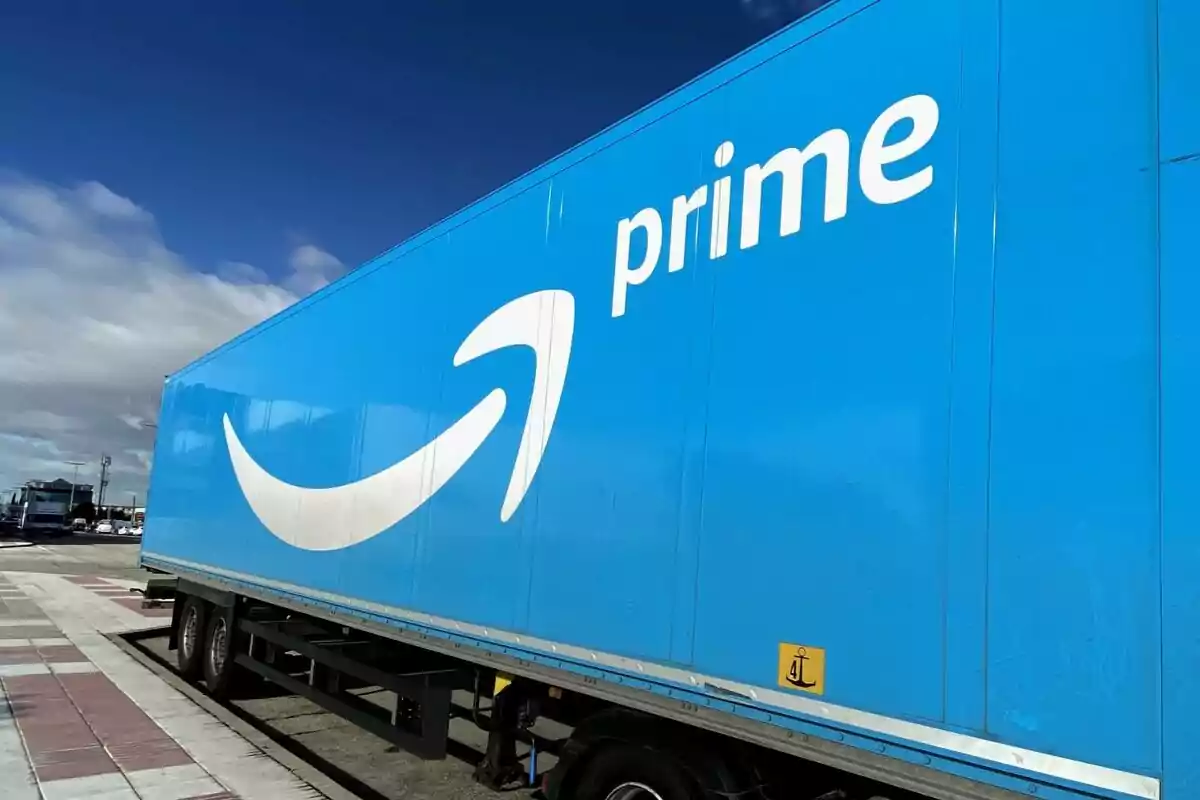E-commerce in the United States could undergo a radical change in the coming months. An unexpected decision made by Donald Trump will end a tax advantage that benefited companies like Shein and Temu for years. With this move, Amazon could become the big winner in a scenario that is increasingly complicated for Chinese platforms.
This transformation occurs after the elimination of the rule known as "de minimis," which allowed importing products under $800 (800 euros) without paying taxes. This exemption was key for foreign companies to offer items at very low prices, quickly conquering the U.S. market. However, this advantage is about to disappear, giving way to a new era potentially dominated by local giants like Amazon.

United States Closes the Door to Cheap Imports
Donald Trump has been responsible for signing the definitive closure of this legal loophole. According to Congress, almost a third of all packages entering the United States took advantage of this tax exemption, especially those coming from China. Large national retailers had been demanding this measure for years, pointing out that it severely harmed local commerce.
But the decision is not limited to just closing this door to foreign companies. Trump also wants to implement additional tariffs of 10% for China and 25% for Mexico and Canada, seeking to strengthen the domestic economy. All this poses serious challenges for Shein and Temu, whose strategies relied on low prices and fast shipping from abroad.

The elimination of the exemption could profoundly affect the business model of fast fashion platforms like Shein and Temu. According to Juozas Kaziukenas, CEO of Marketplace Pulse, this tax advantage represented an essential pillar for the success of both companies. Now, shipments will be slower, and costs will inevitably rise.
Aaron Rubin, CEO of ShipHero, estimated that the new measure could reduce these companies' margins by up to 5%. Considering that both operate with adjusted profits between 10% and 15%, any further reduction could lead them to raise prices or significantly reduce their profits. In this scenario, Amazon appears as the clear beneficiary of the change.

Amazon, the Preferred Alternative
Amazon, unlike its Chinese competitors, is better prepared to face the new landscape. The U.S. platform also offers affordable products through Amazon Haul but doesn't rely exclusively on tax advantages to maintain its prices. According to Gil Luria, an analyst at DA Davidson, the loss of competitiveness of Shein and Temu could drive a massive influx of customers to Amazon.
This migration of buyers could happen especially because Amazon offers affordable products with more reliable delivery times. Consumers, accustomed to filling their virtual carts with deals, might now find Amazon the best option to continue their shopping habits.

The result is clear: Amazon has all the conditions to take advantage of this historic change in U.S. e-commerce. The platform could achieve a U-turn, gaining a considerable market share. A share that, until now, was mainly dominated by Shein and Temu.
The big question that remains to be answered is whether Shein and Temu will continue to be profitable for U.S. consumers after this change. The adaptation to higher prices and slower deliveries could lead to a profound transformation in online shopping habits. Meanwhile, Amazon patiently awaits to consolidate itself as the platform most benefited by this U-turn in the digital market.

